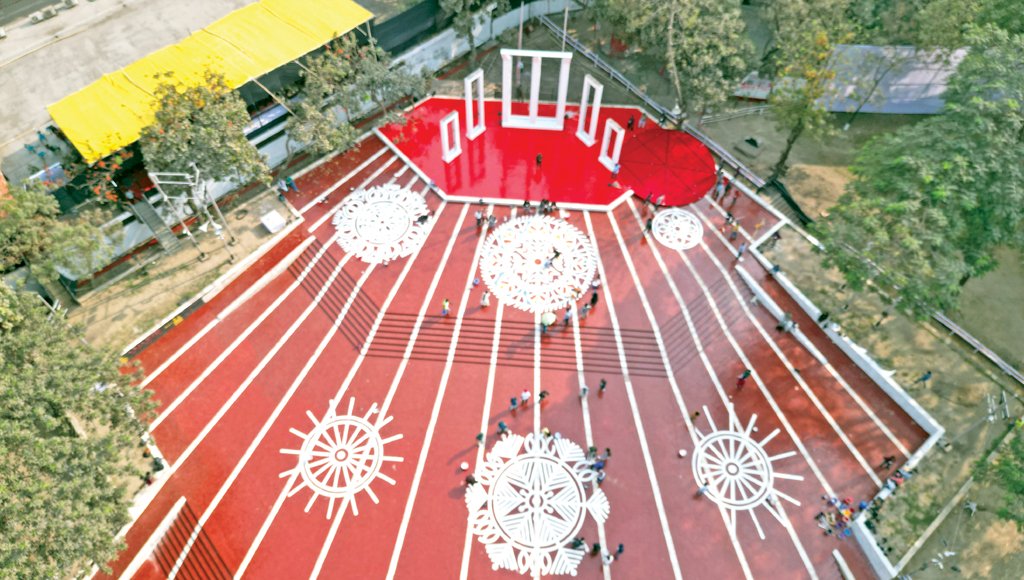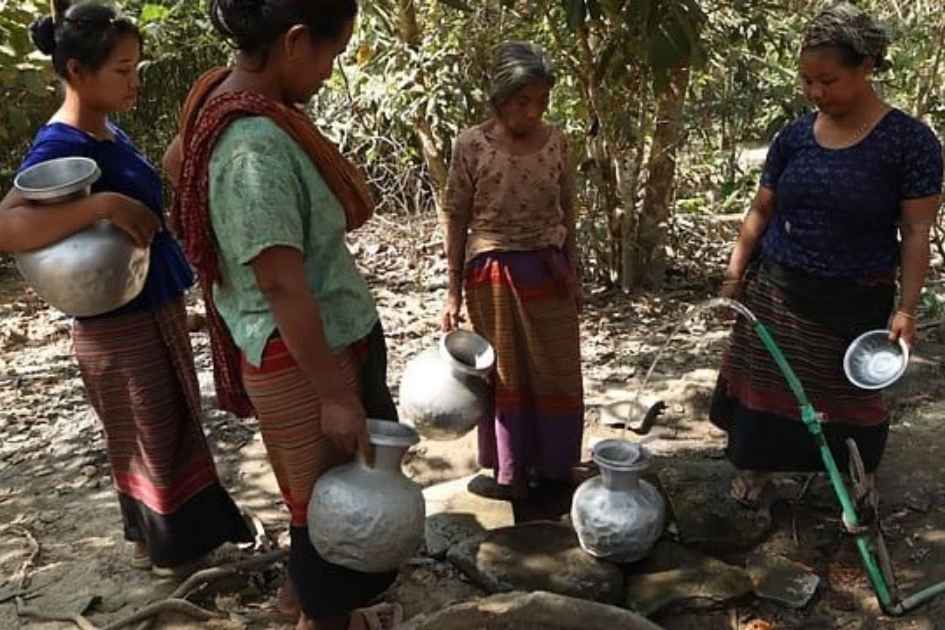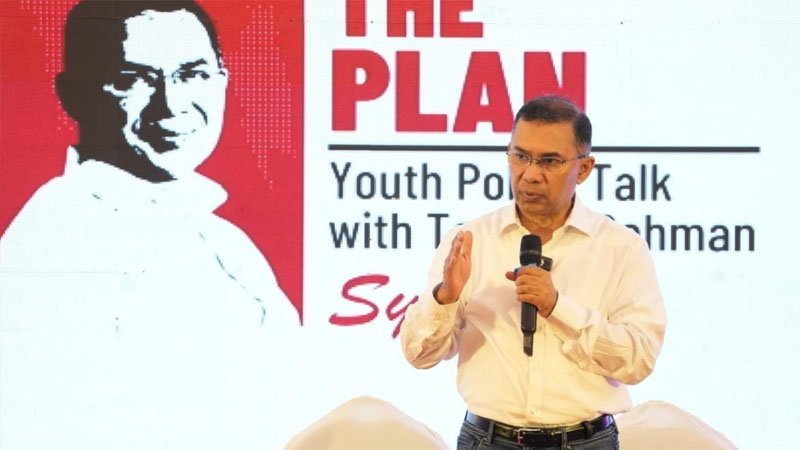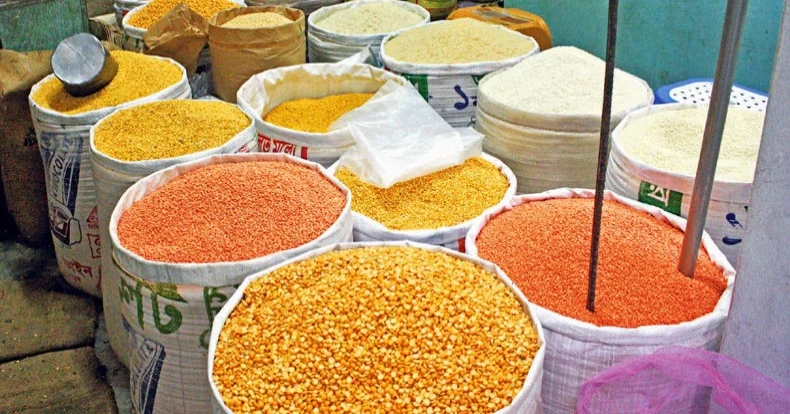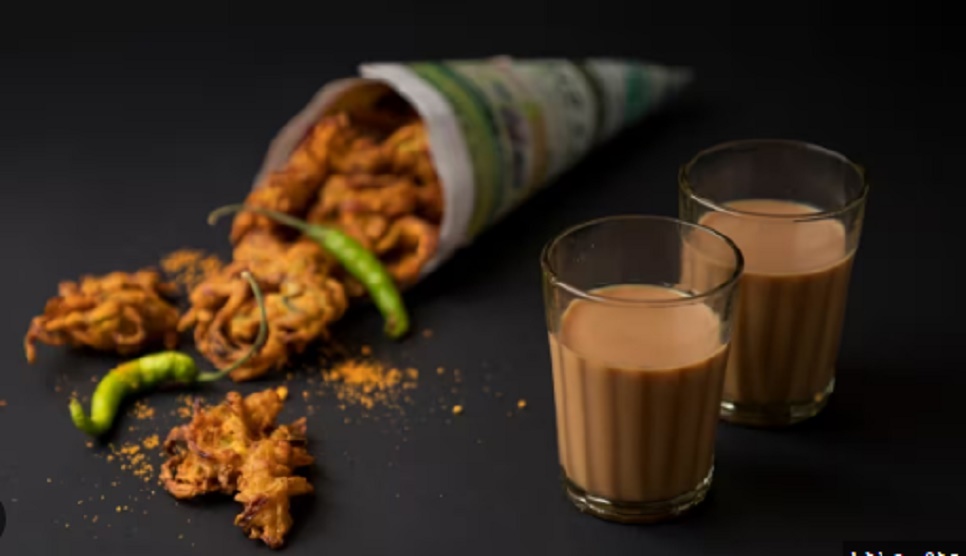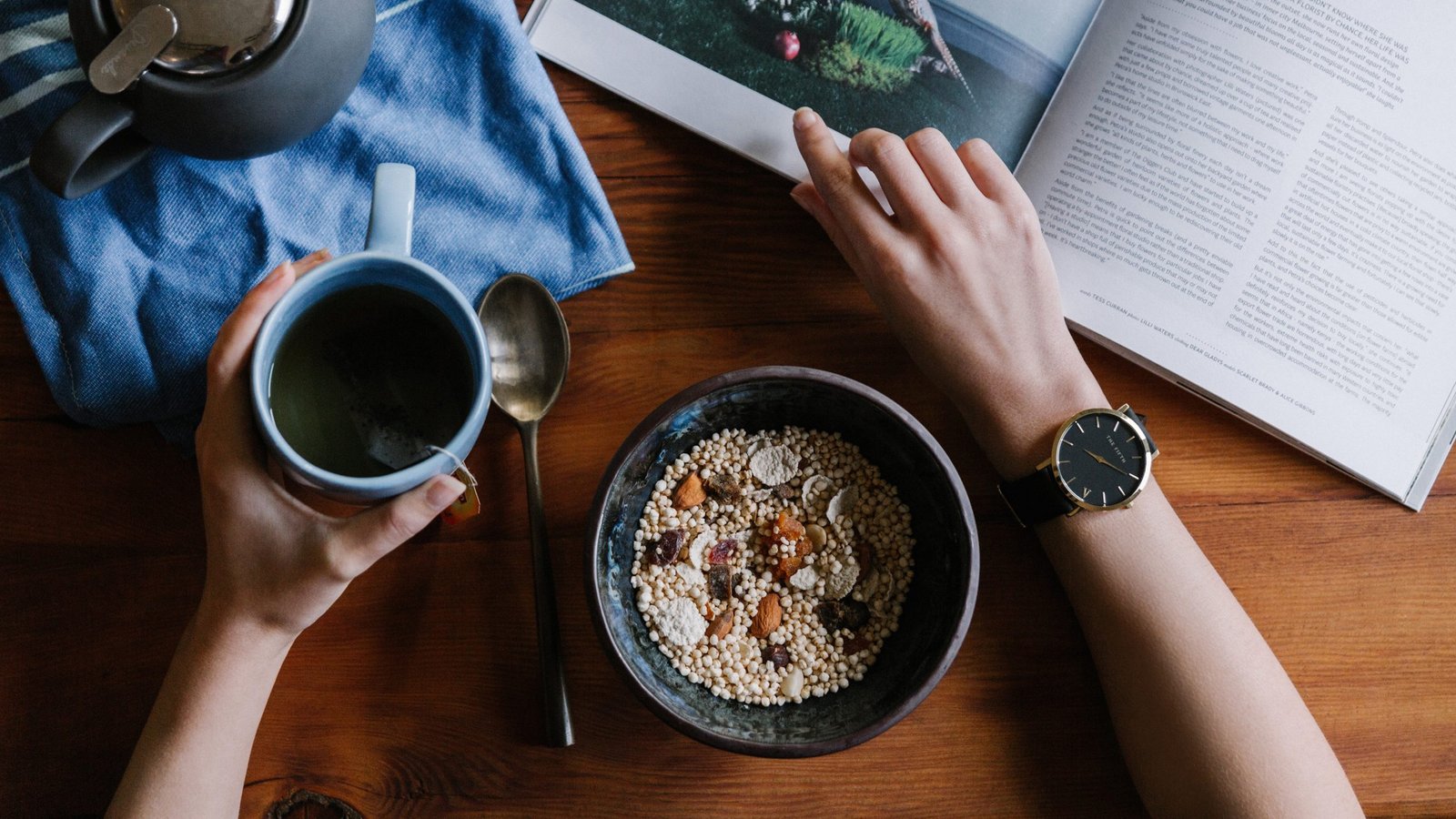Practical Tips for Staying Healthy During the COVID Resurgence in Bangladesh

How to Stay Safe and Healthy During the COVID-19 Resurgence in Bangladesh
Didn’t we leave COVID-19 behind? That’s what many Bangladeshis are asking as a fresh wave of infections begins to spread across the country. The Directorate General of Health Services (DGHS) has confirmed a resurgence of cases as of June 2025. While new variants appear to cause milder symptoms for most people, they are spreading more quickly and can be especially dangerous for the elderly and those with underlying health conditions such as diabetes or respiratory issues. Health experts recommend staying cautious in crowded indoor spaces, public transport, schools, and workplaces.
This resurgence may bring back memories of lockdowns and uncertainty, but we are now better prepared. With wider vaccine availability, improved healthcare, and increased awareness, we can take smarter steps to protect ourselves and our communities.
Whether you are commuting to work, attending classes, or shopping at your local market, the risk of infection remains. The good news is that by adopting a few simple and consistent habits, you can stay healthy and reduce your risk.
Here are practical tips to help you stay safe and well during the COVID resurgence in Bangladesh.
1. Wear a Mask—Again, But Do It Right
With rising cases, public health experts strongly recommend wearing masks in crowded indoor spaces, public transport, hospitals, and marketplaces. Choose a high-quality mask, such as a three-layer surgical mask or a well-fitted reusable cloth mask. It should cover both your nose and mouth properly, without gaps on the sides. If you’re using a reusable mask, make sure to wash it thoroughly with soap and water every day. Try to avoid touching the outer surface of your mask, especially when you’re outside, as it may carry virus particles. By using your mask correctly, you not only protect yourself but also help safeguard those around you.
2. Avoid Crowds and Enclosed Indoor Gatherings
With the return of wedding season, social programs, and political events across Bangladesh, large gatherings have once again become common. Unfortunately, these crowded and enclosed spaces are perfect environments for the virus to spread rapidly. To reduce your risk of infection, try to avoid such gatherings whenever possible. If attendance is unavoidable, choose venues with good ventilation or outdoor settings. Maintain physical distance from others, especially those not wearing masks, and keep your interactions brief. Being cautious in these situations is essential to protect yourself and your loved ones during the ongoing COVID-19 resurgence.
3. Improve Indoor Ventilation
In many urban areas of Bangladesh, homes, offices, and classrooms often lack proper airflow, creating ideal conditions for the virus to linger and spread. Improving indoor ventilation is a simple yet powerful way to reduce the risk of COVID-19 transmission. Whenever possible, keep windows and doors open to allow fresh air to circulate. Using exhaust fans in kitchens and bathrooms can also help remove stale air and bring in cleaner air. If it is within your budget, consider using an air purifier with a HEPA filter for added protection. Better ventilation creates a healthier and safer indoor environment for everyone.

4. Practice Frequent Hand Hygiene
Even though COVID-19 spreads mainly through the air, hand hygiene remains an important defense against many viruses, including those that cause the flu or stomach issues. Washing your hands regularly reduces the risk of transferring germs from surfaces to your face. Make it a habit to wash your hands with soap and water for at least 20 seconds, especially after returning home, coughing, sneezing, using the toilet, or handling shared items. If soap and water are not available, carry a small alcohol-based hand sanitizer in your bag. These simple actions can go a long way in keeping you healthy.
5. Keep Up with Your Vaccinations
Staying up to date with your COVID-19 vaccinations is one of the most effective ways to protect yourself and your community. Even if you have received earlier doses, booster shots may soon become available in Bangladesh. It is important to follow updates from the Directorate General of Health Services (DGHS) and consult your local healthcare provider for the latest recommendations. Booster shots are especially important for people at higher risk, including senior citizens, pregnant women, and those with chronic conditions like diabetes or asthma. Vaccination not only reduces the severity of illness but also lowers the chance of hospitalization.
6. Stay Informed, Not Paranoid
In times of uncertainty, misinformation can cause unnecessary fear and confusion. Social media is often flooded with unverified claims, fake remedies, and panic-inducing headlines. Staying informed is important, but it is just as crucial to rely on accurate and trustworthy sources. By following official health updates, you can make better decisions for yourself and your family without falling into panic. Avoid sharing unverified posts or messages that may spread fear. For accurate and timely information in Bangladesh, turn to these trusted sources:
-
Directorate General of Health Services (DGHS)
-
Institute of Epidemiology, Disease Control and Research (IEDCR)
7. Take Extra Precautions if You’re High Risk
Certain groups of people are more vulnerable to severe illness from COVID-19, including those over the age of 60 and individuals with underlying health conditions such as diabetes, heart disease, asthma, or weakened immune systems. If you or your loved ones fall into these categories, it is important to take extra steps to stay safe during the current resurgence. Try to limit in-person visitors to reduce exposure risks, especially in enclosed spaces. For routine medical consultations, consider using telemedicine services when available. If going outside is necessary, wearing a well-fitted N95 mask offers stronger protection in public areas.

8. Stock Essentials Without Hoarding
During the first wave of COVID-19 in 2020, panic buying led to empty shelves and shortages across many parts of Bangladesh. As cases rise again, it is wise to be prepared but avoid hoarding or creating unnecessary panic. Having a small, organized supply of essentials can help you stay calm and avoid last-minute stress if movement restrictions return or someone in your household falls ill. Focus on what you truly need to get through a few weeks comfortably. Consider keeping the following items at home:
-
Masks, soap, and hand sanitizers
-
Basic fever and cold medicines
-
Dry foods and clean drinking water
-
Prescribed medications or health documents
9. Eat Well to Strengthen Your Immunity
A strong immune system starts with good nutrition, which is especially important during a COVID-19 resurgence. However, rising food prices across Bangladesh have made it harder for many families to maintain a balanced diet. Despite this, you can still make smart and affordable choices that support your health. Focus on locally available, nutrient-rich foods that are easy on the budget but high in value. These options can help you stay energized and better protected against illness. Try to include the following in your daily meals:
-
Lentils such as dal
-
Leafy greens like spinach and puishak
-
Citrus fruits like lemon and orange
-
Eggs and small fish such as puti or mola

10. Take Care of Your Mental Health
The emotional toll of living through repeated waves of COVID-19 can be just as challenging as the physical risks. Uncertainty, fear, and isolation often lead to increased stress, anxiety, or even depression. It is important to acknowledge these feelings and care for your mental well-being. Try to limit constant scrolling through distressing news updates and focus instead on activities that bring calm. Stay in touch with friends and family through phone calls or social media to maintain a sense of connection. Simple practices like deep breathing, stretching, or walking in open spaces can help reduce anxiety. If you feel overwhelmed, mental health services like Moner Bondhu or Kaan Pete Roi offer professional support and are just a call away.
Staying Strong Together
The COVID resurgence is a wake-up call—but not one we should fear. Bangladesh has faced the worst of the pandemic before and came through with collective effort and resilience.
By following these simple but effective tips, we can protect ourselves and those around us, especially our elders and those with chronic conditions.
Let’s stay alert—not alarmed—and do our part.
As we navigate the challenges of the COVID resurgence, it’s important to remember that the monsoon season brings its own health risks. Floods and heavy rains can lead to waterborne illnesses, which often spike during this time. To stay fully protected and healthy, don’t miss our essential guide on how to avoid monsoon-related diseases in Bangladesh. Check out these expert tips to keep waterborne illnesses at bay and safeguard your family’s well-being: Stay Safe from Waterborne Illnesses This Monsoon. Staying informed on all fronts is key to weathering this season strong!
